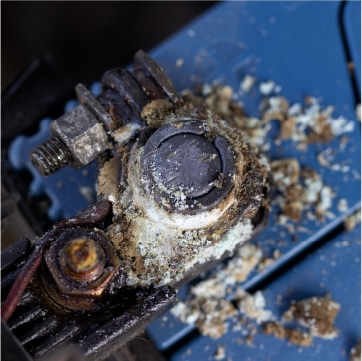
Heavy Equipment Maintenance Tips for Spring
If you store your equipment during the winter months, then they’ll require some spring maintenance before you’re ready to hit the jobsite for the season. To help you reduce downtime, we’ve put together a heavy equipment checklist that you can follow to ensure your machines operate at top performance when you need them.
Complete a fluid analysis
Fluid analysis is a key piece of heavy equipment maintenance, because it reveals the levels of contaminants in oil, coolant, and hydraulic fluid. By testing fluids periodically, you can find out whether there are larger maintenance issues within your machines that need to be addressed prior to working with your equipment for the season.
Inspect your filters
Replacing clogged or dirty filters is a very important part of heavy equipment maintenance. Putting off changing filters can allow contaminants to enter your systems, reducing your engine’s efficiency, and accelerating wear and tear. You can have our certified technicians check your machine’s air, oil, and fuel filters and change them, if necessary, before starting the season.
Replace hydraulic fluid
Crucial for heavy equipment service in springtime is making sure your hydraulic system is ready to work. Hydraulics are ultimately responsible for all the digging and lifting that your machine does and can fail when the fluid becomes contaminated. Checking and replacing your hydraulic fluid is a key part of spring maintenance for your equipment.
Clean your batteries
Without batteries in good working order, your equipment won’t even be able to start when the busy season arrives. As part of your heavy equipment maintenance routine, you should check for corrosion and debris, clean the batteries with a terminal brush and battery cleaner, and then top off their electrolyte if required.
It’s important to ensure that electrolyte levels in all your batteries are filled to the full indicator and cover the top of the lead plates.
Check your coolant
Run your machine’s engine, then look at the color of its coolant. The fluid should be the same color it was when you poured it fresh from the bottle. If the color looks like it has changed, then your fluid might be contaminated.
If the coolant color is okay, then add more fluid as needed. It’s important to always use the same type and brand of coolant that’s already in your engine when topping it off.
Look at your belts, hoses, and seals
Before starting to work this season, we recommend checking for cracked, frayed, and bubbled belts and hoses as part of your heavy equipment maintenance inspection. Make sure your belts haven’t come loose and that they are free of any kinks. Old or broken seals will lead to leaks which can in turn hurt your machine. Look for signs of wear, and replace any seals that have been damaged over the winter.
Ensure your tires are ready to go
We recommend inspecting the tread and inflation of your machine tires each spring and regularly throughout the season. Always inflate your tires to the pressure outlined by the manufacturer. If your equipment tires don’t have sufficient tread left, then it’s time to replace them as part of your heavy equipment service.
Make sure all your machine’s systems are functioning properly
The last step on your heavy equipment checklist is double checking that your lights, flashers, wipers, and brakes are all working. That way, you can handle any problems before the season gets into full swing!
If you have any questions about heavy equipment maintenance this spring, or about heavy equipment service in general, then contact our team today!









